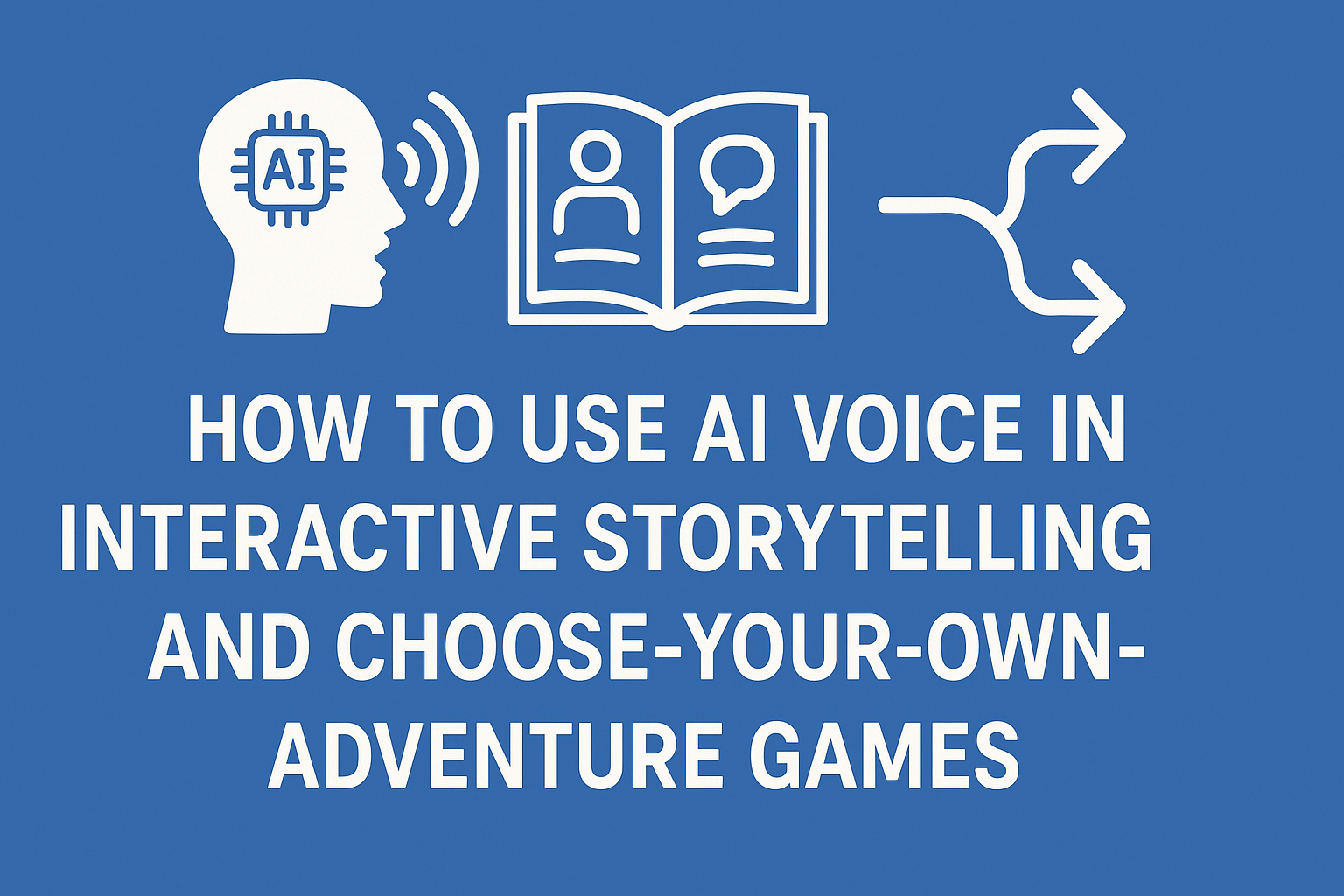
Beyond Puzzles: When Adventure Games Touch the Soul
For decades, adventure games have captivated players with their intricate puzzles, sprawling worlds, and compelling narratives. From the point-and-click classics of LucasArts and Sierra to the modern narrative-driven experiences of Telltale and Dontnod, the genre has consistently evolved, pushing the boundaries of interactive storytelling. While complex riddles and exploration remain integral, a growing trend has emerged: adventure games that prioritize emotional depth and explore the complexities of the human experience. These titles don’t just challenge your intellect; they challenge your empathy, leaving a lasting impact long after the credits roll.
The Evolution of Emotional Storytelling in Adventure Games:
The seeds of emotional storytelling were subtly sown in earlier adventure games. Titles like King’s Quest VI: Heir Today, Gone Tomorrow featured heartfelt romances and themes of sacrifice, while Gabriel Knight: Sins of the Fathers explored complex moral dilemmas and the burden of familial duty. However, these elements were often secondary to the core gameplay loop of puzzle-solving.
A significant turning point came with the rise of episodic adventure games. Telltale Games, with their adaptation of The Walking Dead, demonstrated the immense power of player choice in shaping emotional outcomes. The relationship between Lee Everett and Clementine became a touchstone for the genre, showcasing how player agency could directly influence the development of characters and the narrative’s emotional weight. The choices felt real, the consequences were often devastating, and the characters resonated with players on a profound level.
This success paved the way for other developers to explore emotionally resonant themes within the adventure game format. Titles like Life is Strange, with its exploration of teenage anxieties, friendship, and trauma, and What Remains of Edith Finch, a poignant exploration of grief, loss, and family history, demonstrated the diverse range of emotional narratives that could be effectively conveyed through interactive storytelling.
Key Elements of Emotionally Driven Adventure Games:
Several key elements contribute to the effectiveness of emotional storytelling in adventure games:
- Character Development: Believable and relatable characters are paramount. Their motivations, flaws, and vulnerabilities need to be carefully crafted to elicit empathy from the player. These characters are not just avatars; they are individuals with their own histories, hopes, and fears. Their relationships with other characters are equally crucial, fostering connections and driving the narrative forward.
- Meaningful Choices and Consequences: The core strength of adventure games lies in player agency. When choices carry genuine weight and have tangible consequences, the emotional investment intensifies. These consequences can be immediate, impacting character relationships or plot progression, or they can be long-term, shaping the overall narrative arc and the player’s sense of responsibility.
- Atmosphere and Worldbuilding: The environment itself can be a powerful tool for conveying emotion. A desolate landscape can reflect the inner turmoil of a character, while a vibrant and bustling city can evoke a sense of hope and possibility. Music, sound design, and visual aesthetics all contribute to the overall atmosphere, immersing the player in the emotional landscape of the game.
- Exploration of Difficult Themes: Emotionally driven adventure games often tackle difficult and sensitive themes, such as grief, loss, trauma, mental health, and social injustice. These themes are handled with sensitivity and nuance, prompting players to confront uncomfortable truths and reflect on their own experiences and perspectives.
- Narrative Structure and Pacing: The way a story is told is just as important as the story itself. A well-paced narrative allows for moments of quiet reflection alongside moments of intense drama. The use of flashbacks, foreshadowing, and symbolism can also enhance the emotional impact of the story.
Examples of Adventure Games with Powerful Emotional Narratives:
- The Walking Dead (Telltale Games): As mentioned earlier, this game is a landmark achievement in emotional storytelling. The bond between Lee and Clementine is the heart of the experience, and the constant threat of danger forces players to make difficult choices that have devastating consequences.
- Life is Strange (Dontnod Entertainment): This game explores the complexities of teenage life, friendship, and the consequences of time travel. The protagonist, Max Caulfield, must grapple with her newfound powers while dealing with personal struggles and a looming environmental disaster.
- What Remains of Edith Finch (Giant Sparrow): This game is a beautiful and melancholic exploration of grief, loss, and family history. Players explore the Finch family home, uncovering the stories of each family member and their unique fates.
- Night in the Woods (Infinite Fall): This game tackles themes of mental health, economic hardship, and the challenges of returning to your hometown after a period of absence. The protagonist, Mae Borowski, is a relatable and flawed character who struggles to find her place in the world.
- Disco Elysium (ZA/UM): While featuring a complex RPG system, Disco Elysium is ultimately a narrative-driven adventure game with a profound emotional core. The protagonist, a detective struggling with amnesia and addiction, must confront his past while investigating a murder case. The game explores themes of loss, redemption, and the search for meaning in a broken world.
- Before Your Eyes (GoodbyeWorld Games): This innovative title uses your webcam to track your blinks, advancing the story each time you close your eyes. This unique mechanic creates a powerful sense of immediacy and impermanence, enhancing the emotional impact of the narrative, which deals with themes of memory, loss, and acceptance.
The Impact of Emotional Storytelling:
The rise of emotionally driven adventure games has had a significant impact on the gaming landscape. These titles have demonstrated the power of interactive storytelling to evoke empathy, spark meaningful conversations, and provide players with unique and transformative experiences. They have also broadened the appeal of adventure games to a wider audience, attracting players who may not be interested in traditional puzzle-solving but are drawn to compelling narratives and relatable characters.
The Future of Emotional Adventure Games:
The future of emotional adventure games looks bright. As technology continues to advance, developers will have access to even more powerful tools for creating immersive and emotionally resonant experiences. We can expect to see more games that explore complex themes, challenge our perspectives, and leave a lasting impact on our hearts and minds.
The power of these games lies not just in their gameplay mechanics, but in their ability to connect with us on a human level. They remind us that games can be more than just entertainment; they can be a powerful medium for exploring the complexities of the human experience and fostering empathy and understanding. As adventure games continue to evolve, the emphasis on emotional storytelling will undoubtedly remain a driving force, shaping the future of the genre and its impact on the world. The puzzles might be challenging, the worlds might be fantastical, but the emotions they evoke will always be real.

